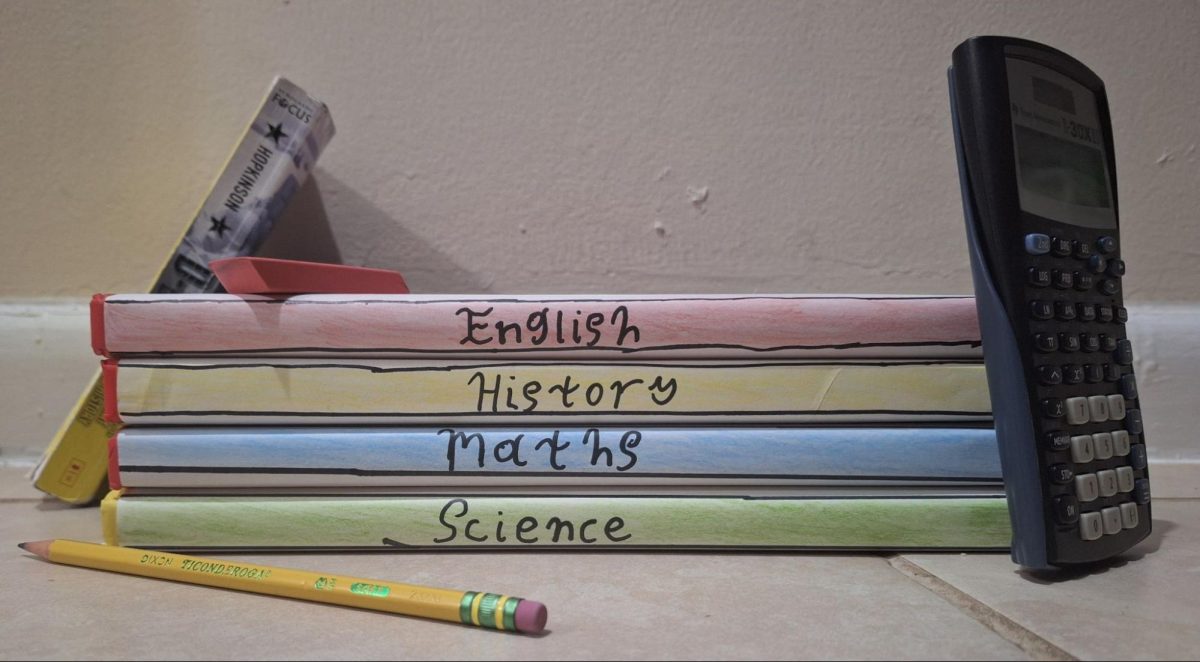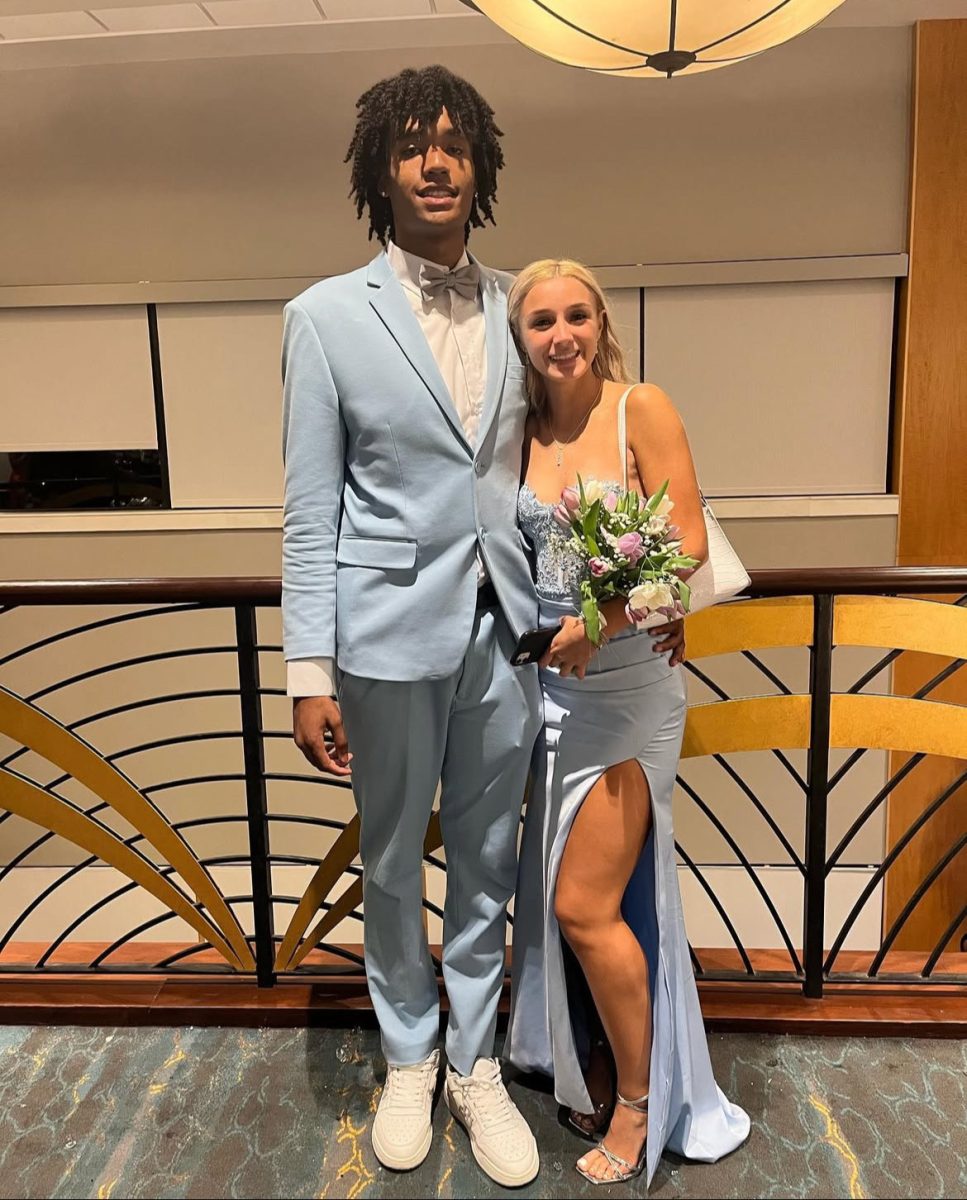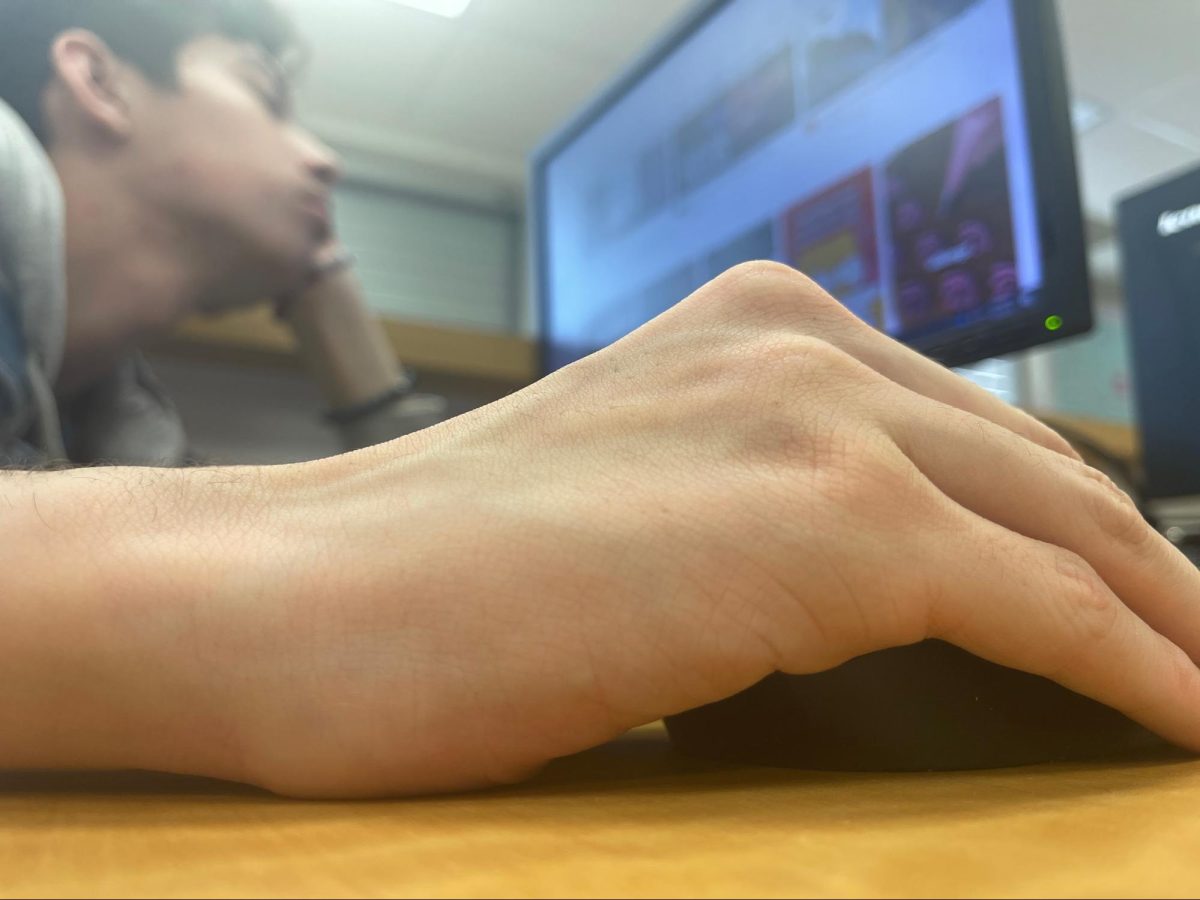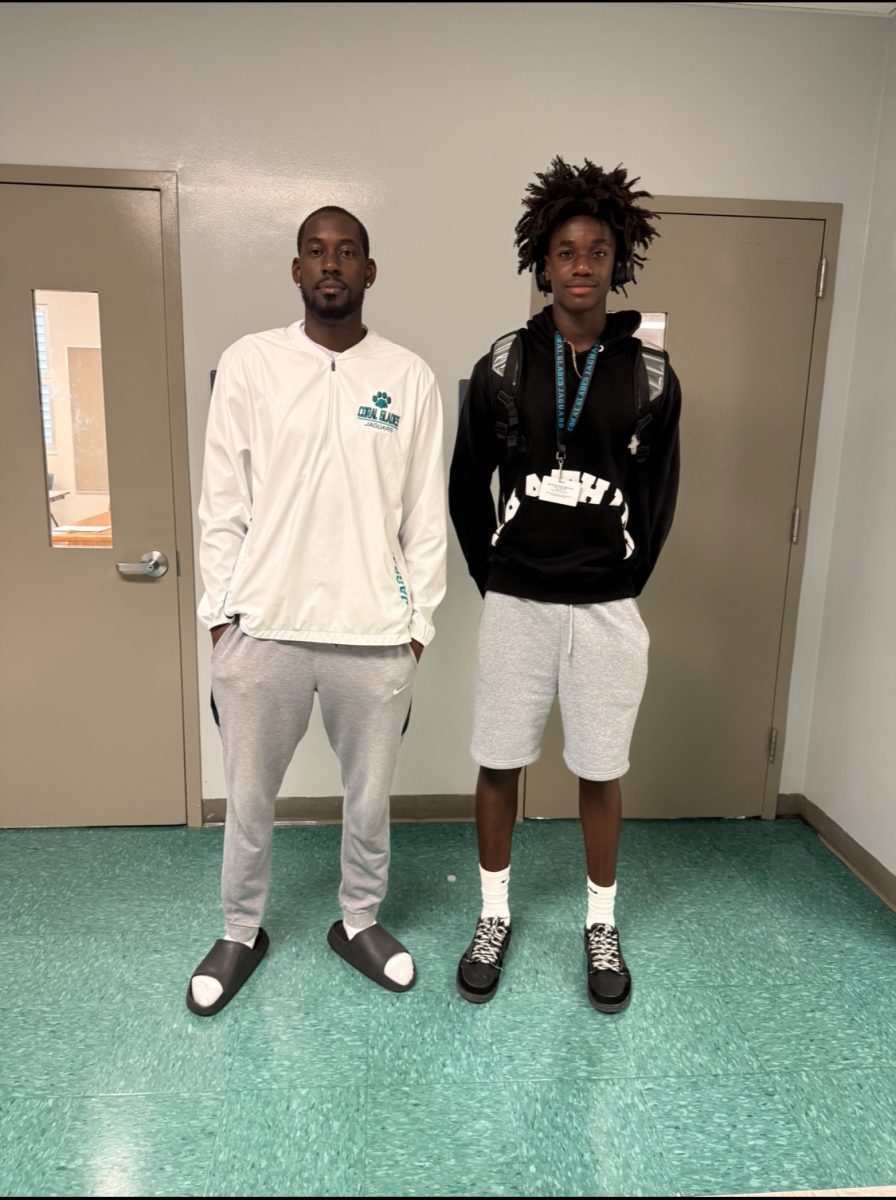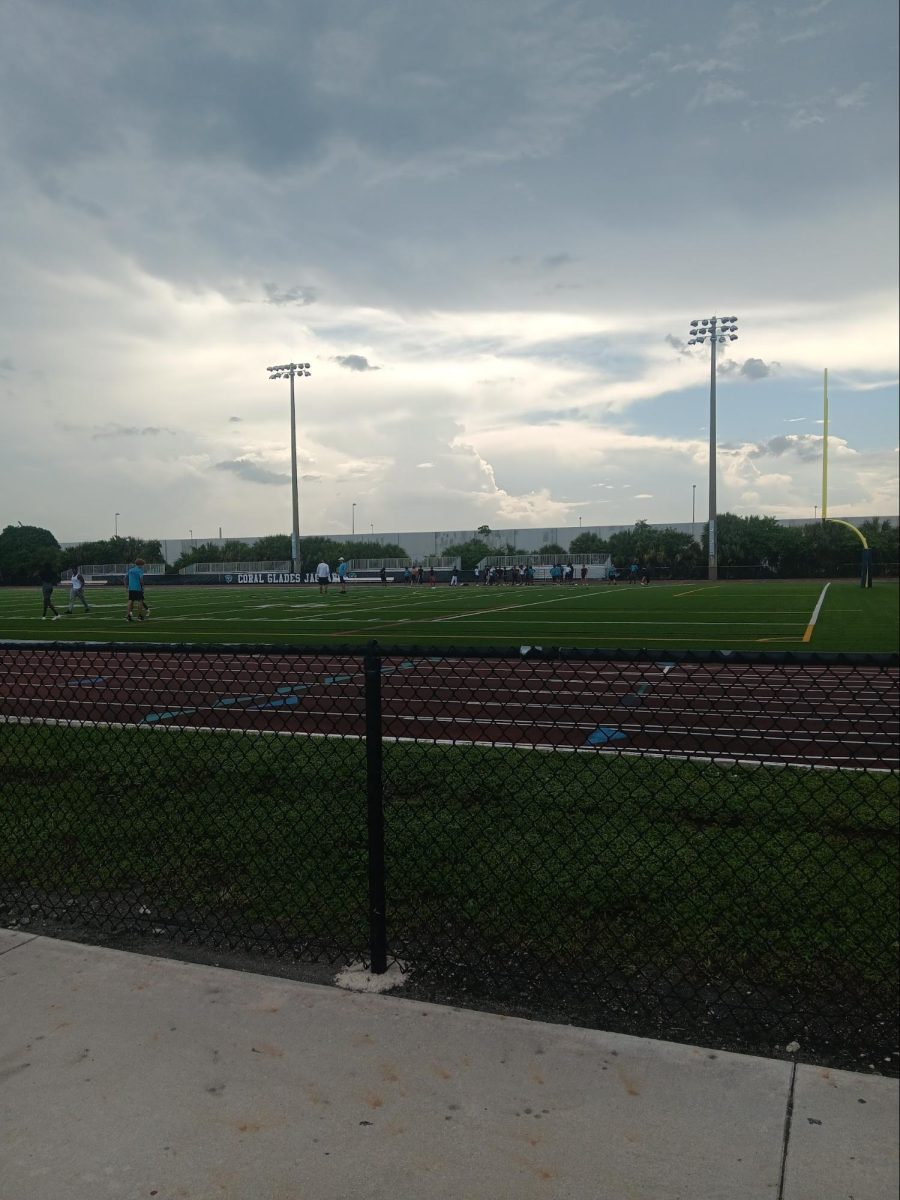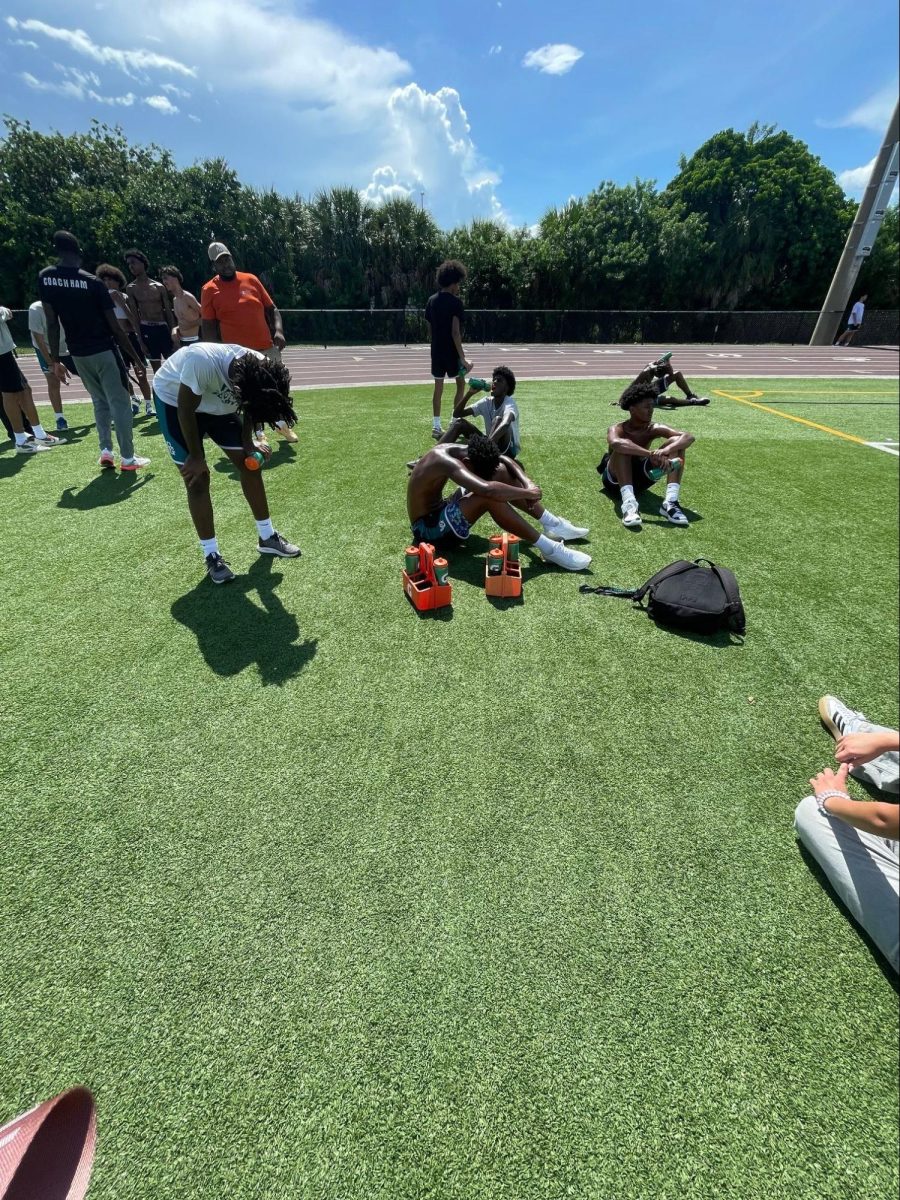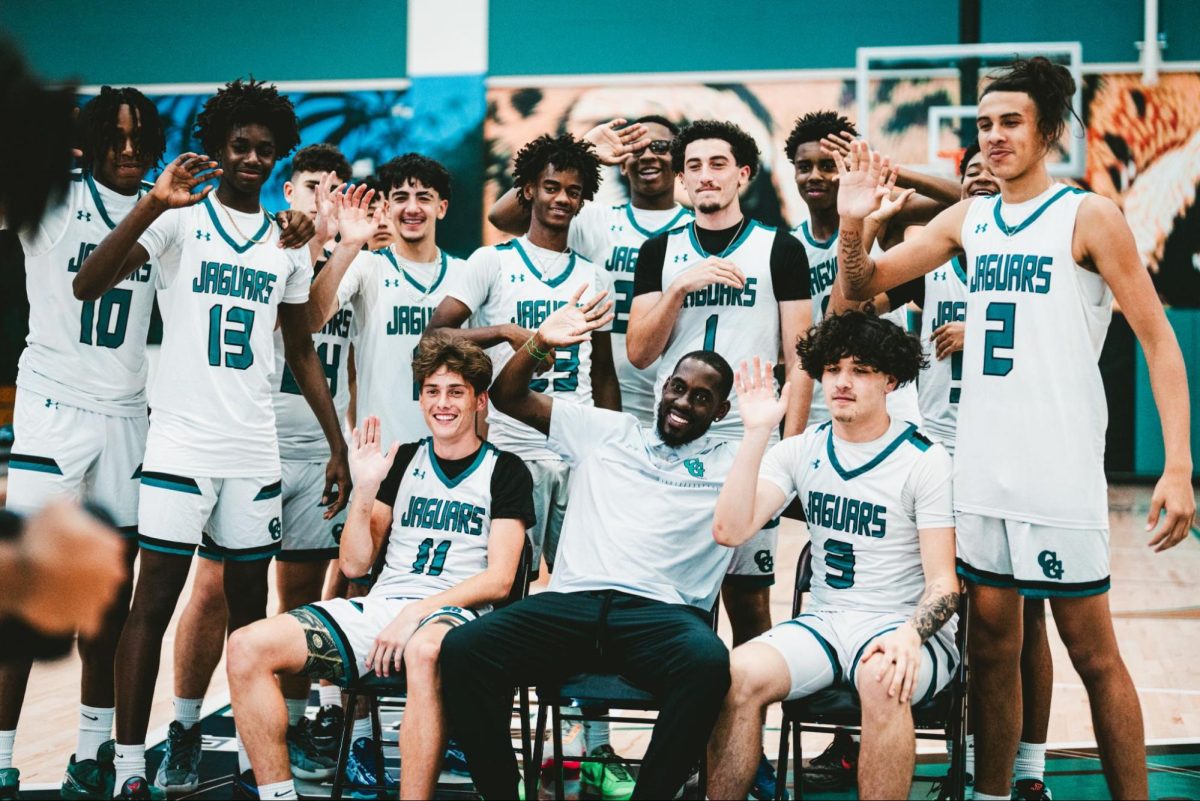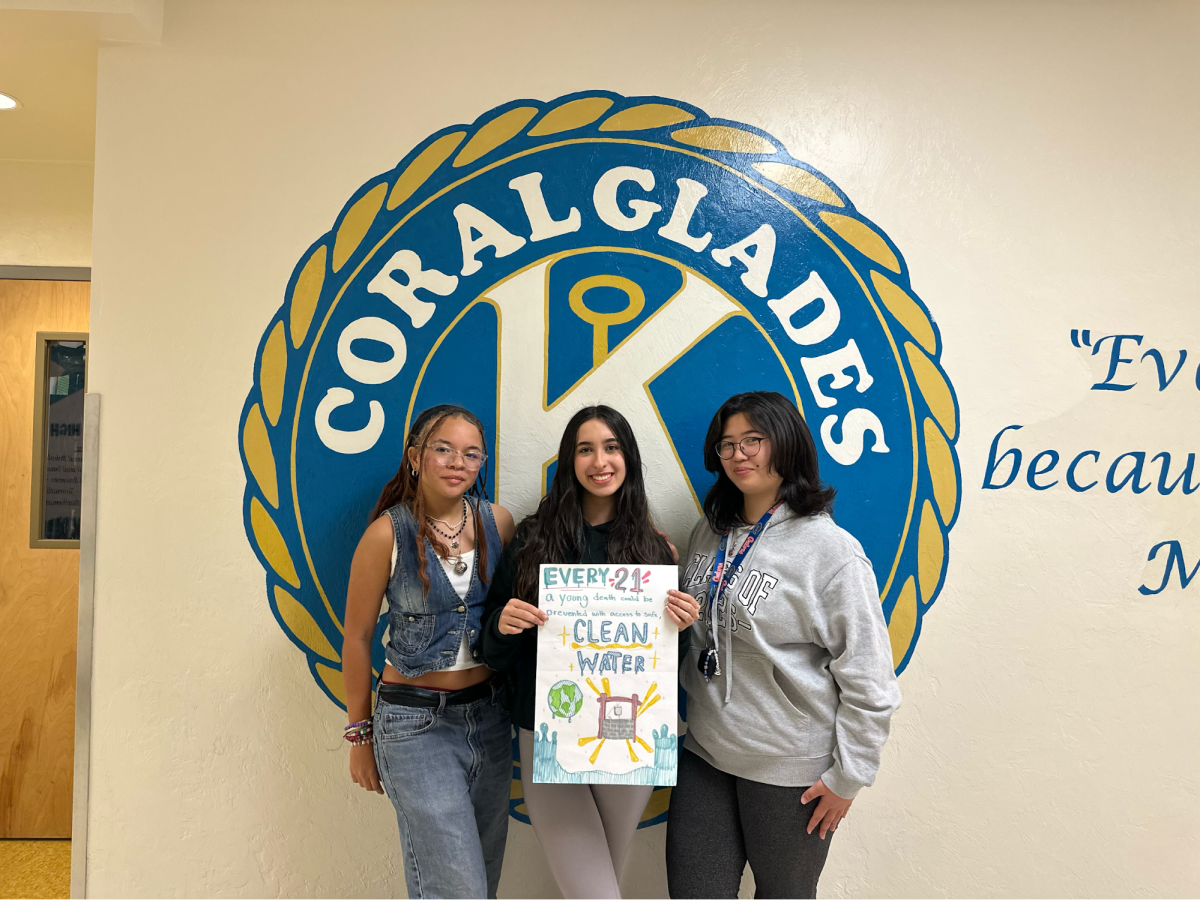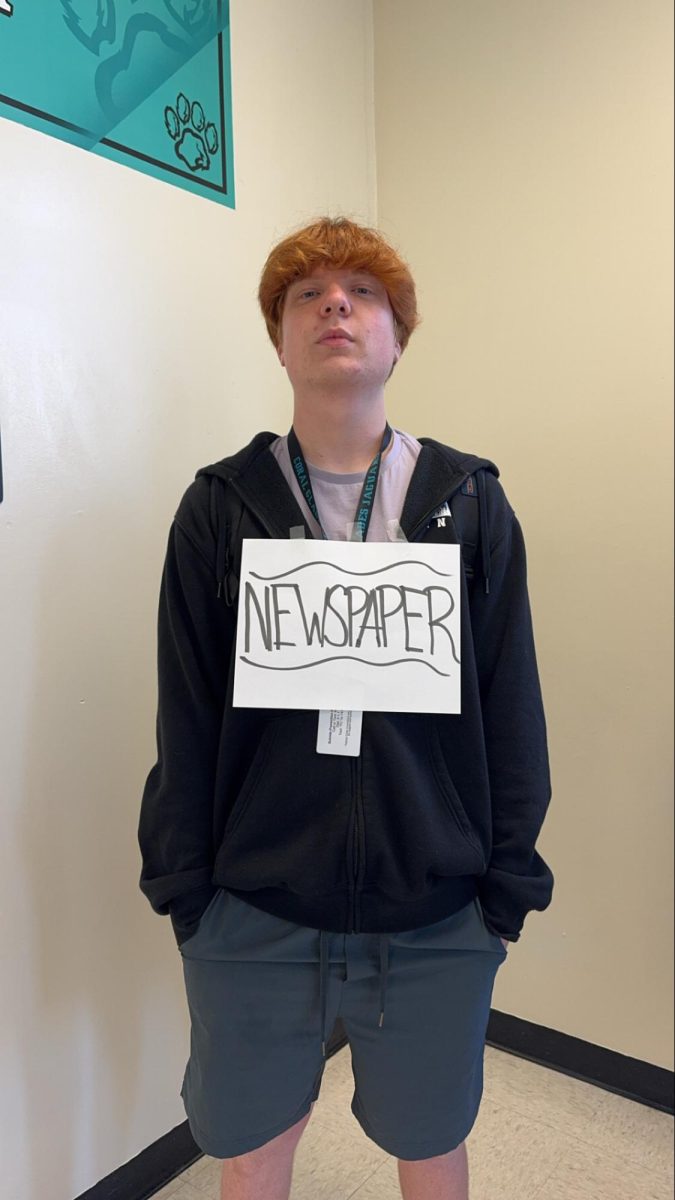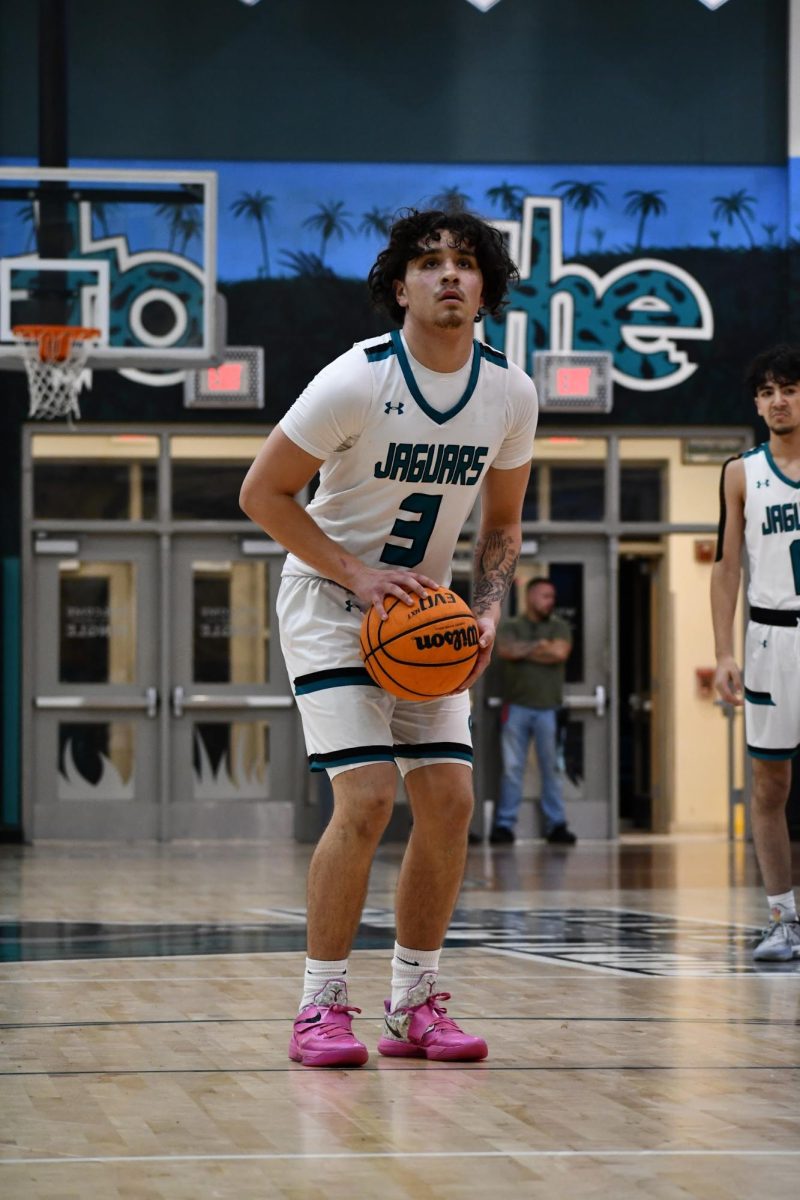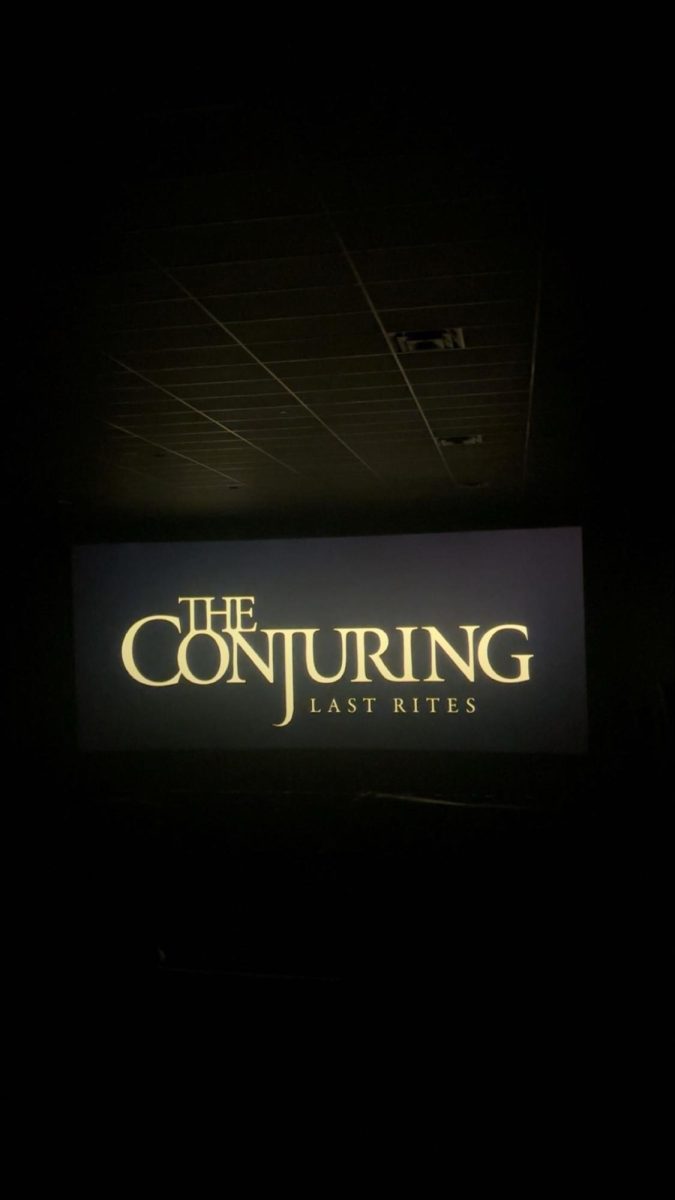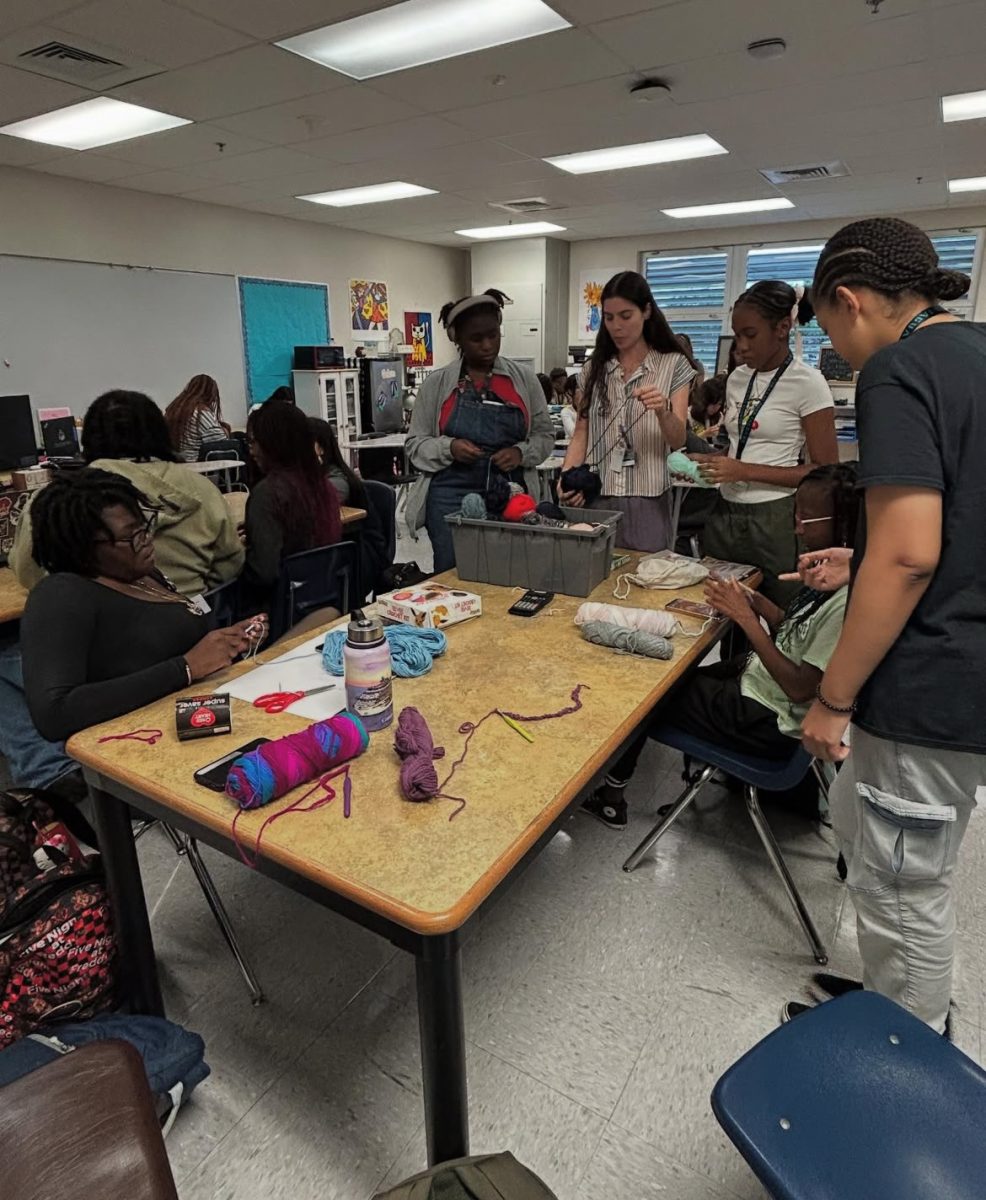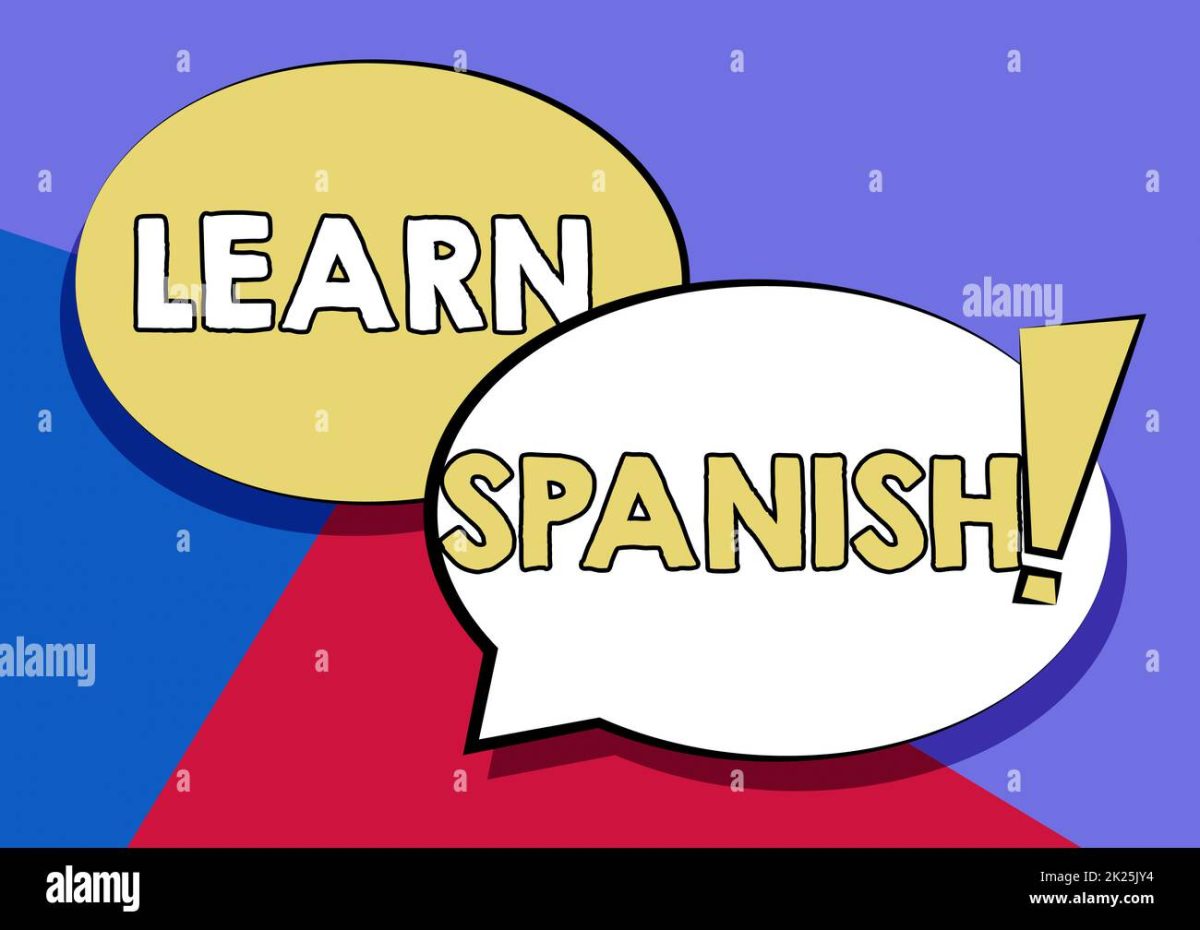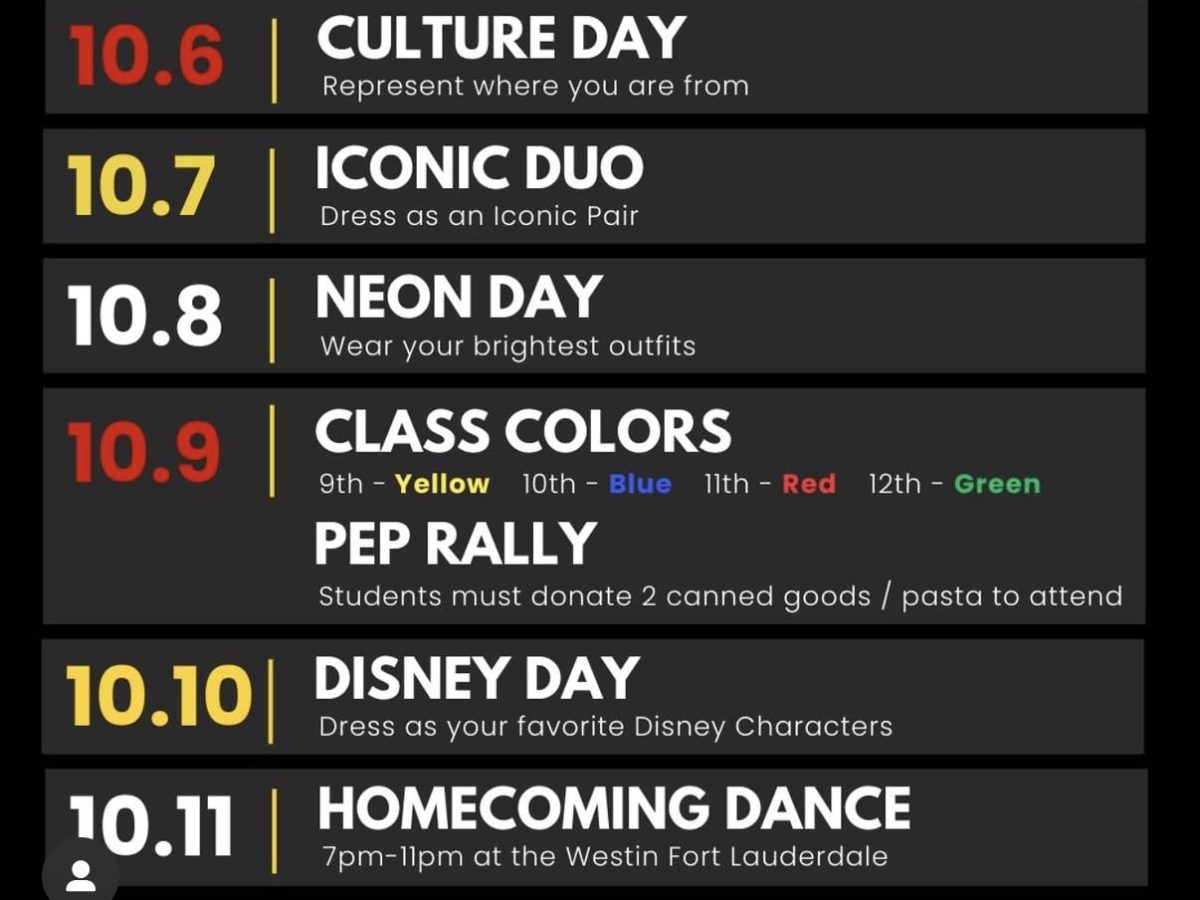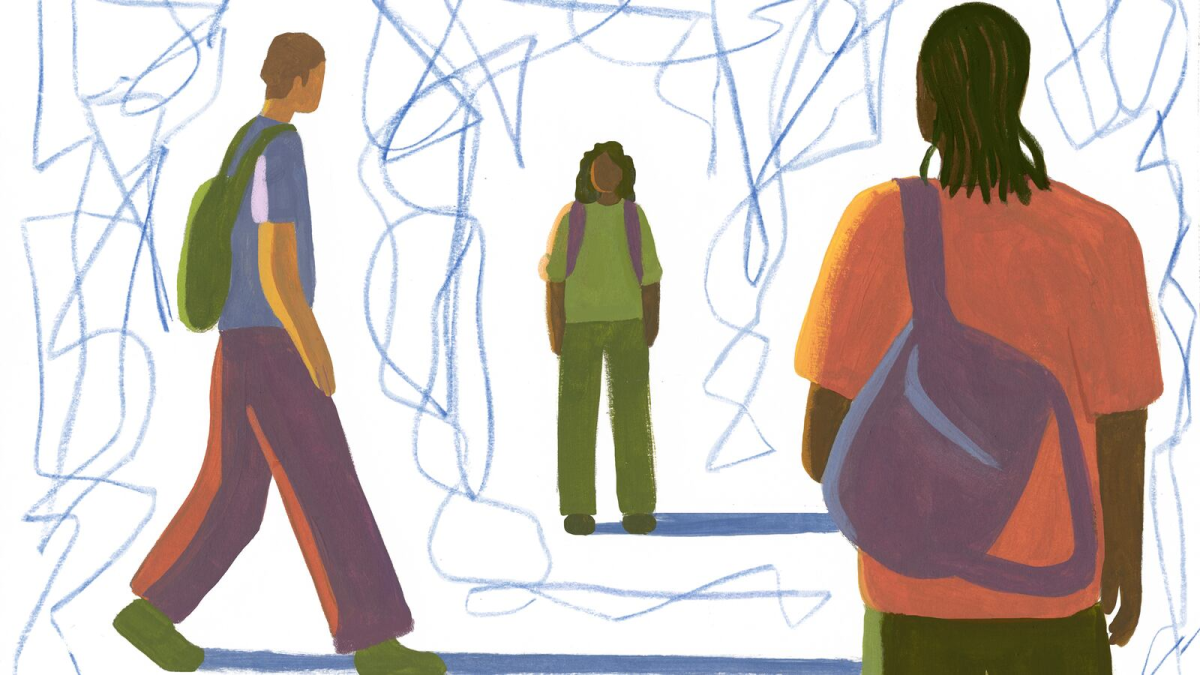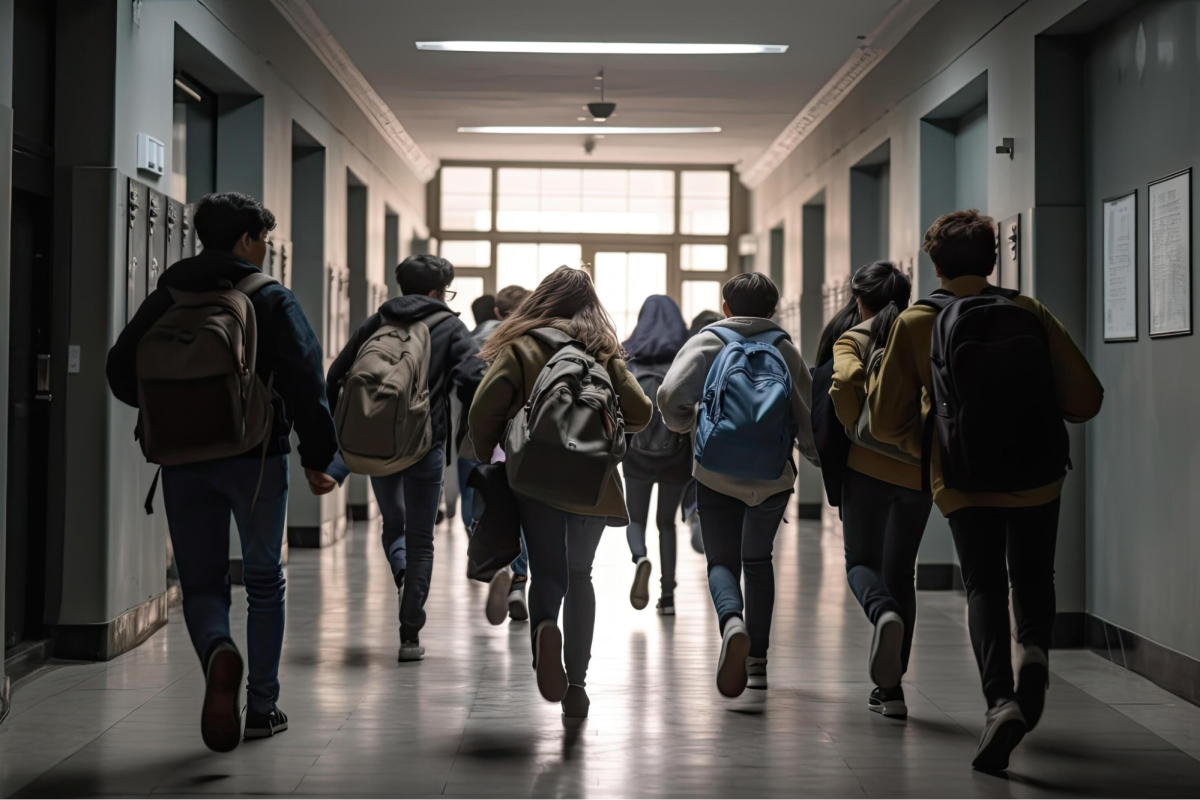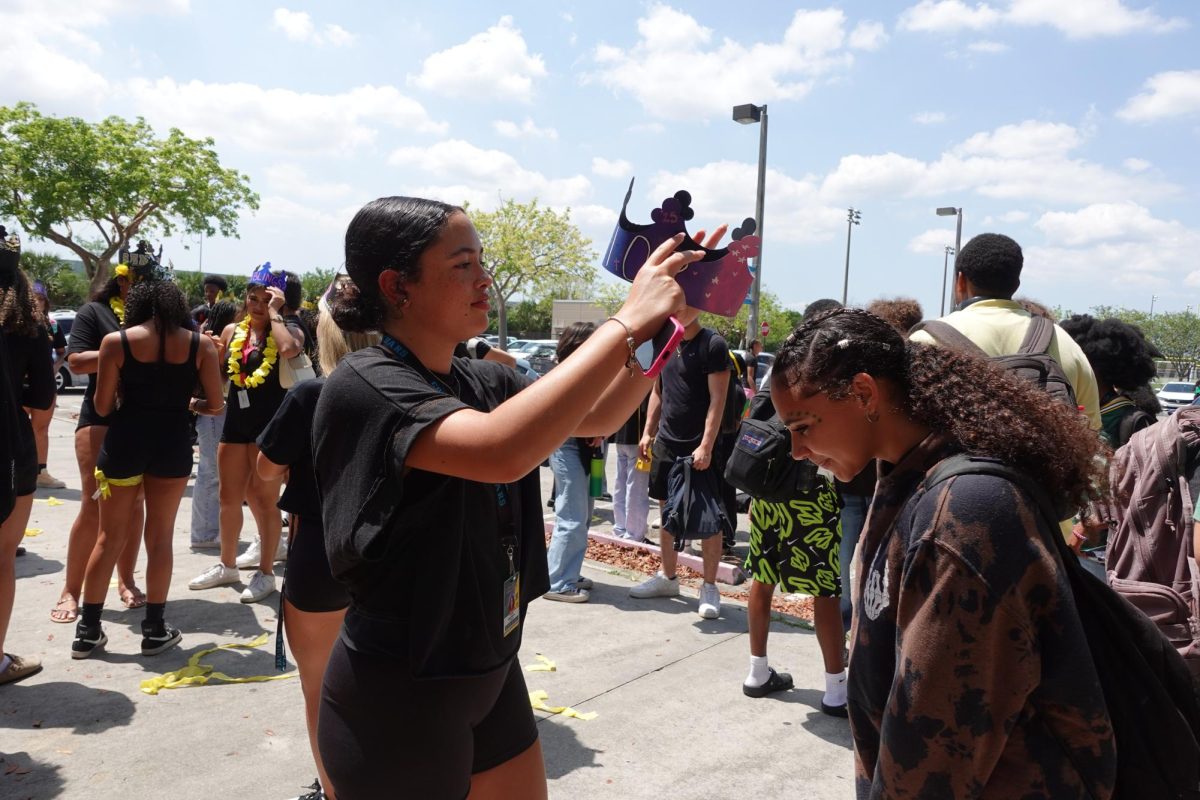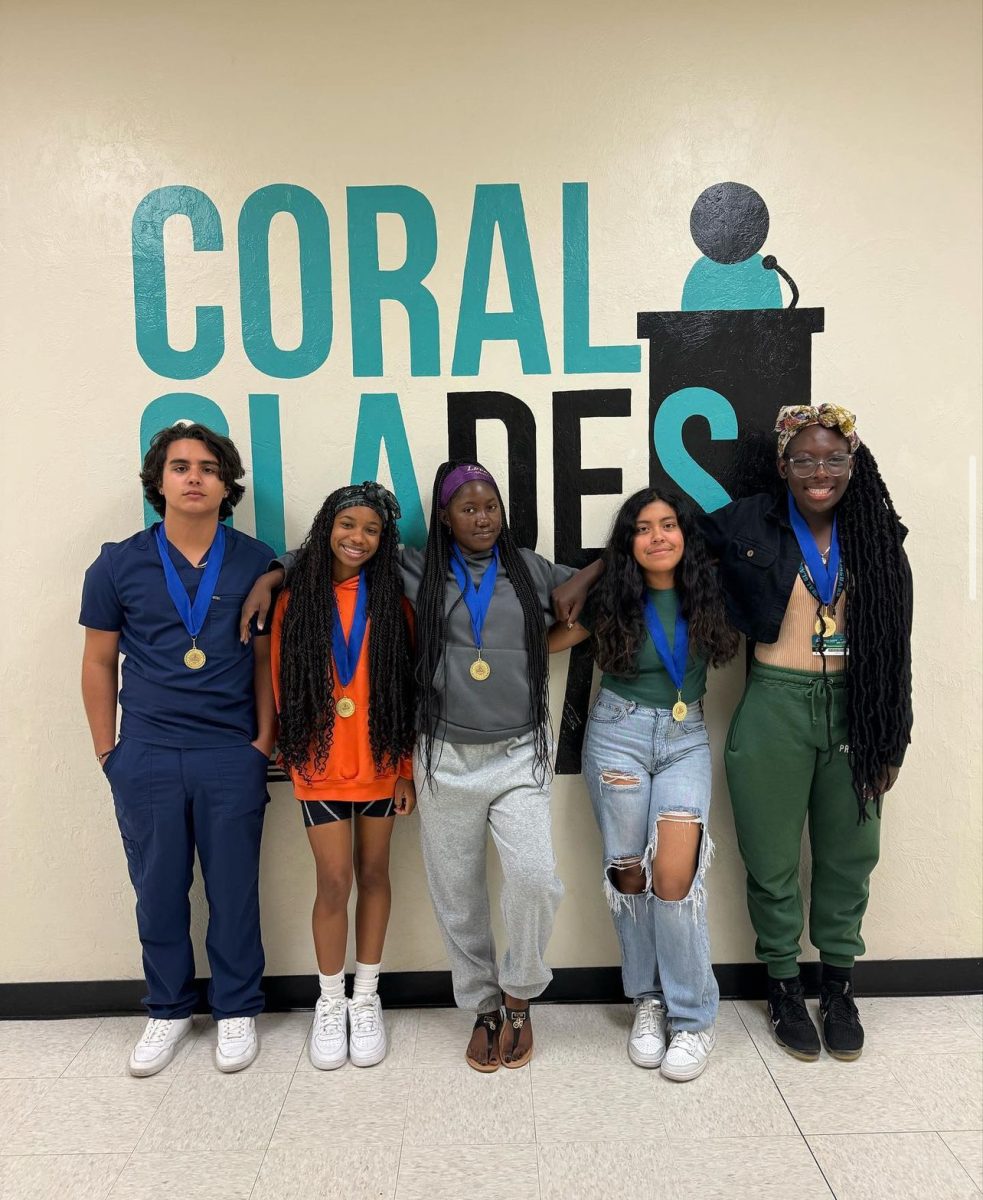Everyone has a voice and there is none other like those in speech and debate. In debate, many often overcome struggles and challenges that when overcome can improve confidence and character.
One of the major players to test and grow debate skills would be in tournaments. Each tournament is structured similarly with a few differences.
For starters, an AST consists of two rounds. With the exception of Congress, all tournaments start at a similar time. Students would leave school on a bus at 12 PM and head to Fort Lauderdale High where most of these types of tournaments take place.
Students would wait in the cafeteria and use a website called Speechwire to see their rounds and where to go. Once there students will enter their rounds and compete.
Speech and debate is divided into different categories. For example, original oratory is a speech category where you give a 10-minute speech based on your chosen topic. You must follow a general format and follow behavioral and competitive rules.
While competitive rules depend on the category, behavioral guidelines consist of paying attention and respect to other competitors and being engaged in their performance. A round would be between 40-50 minutes. Once the round is finished you return to the cafeteria for an intermission position until the next round.
This consists until the semi-final round where the winners of previous rounds would compete. The winners from the semi-final round will enter the final round and once over will be sent to the cafeteria again until their coach calls for them to return to school on the bus.
Tournaments last from 12 PM-5 PM while Saturday tournaments are all day. Saturday tournaments consist of 5 rounds but follow a similar structure.
There are a few tournaments left which include AST #8, MAST MSD (3/14 and 4/4), North East, South East, FFL Novice and MS States, Broward MS Champs, Broward Novice Champs, and Broward Elementary Champs.
Depending on one’s score it will be added to their NSDA or official speech and debate account. There are two different rankings: the novice and varsity. Novices have less than two years of speech and debate in high school and less than 150 points. Varsity members have more than 150 points and stayed in speech and debate in high school for two years or more. There are different tournaments for all novices, all varsity, or a mix of novices and varsity members.
Students will receive a medal if they win which looks very good on college applications. In addition, if one holds a role in the club it would also look good on college applications. If there are so many benefits, one may ask: Why don’t others join speech and debate?
Those from debate have this to say over prior experience.
“When I started a debate in middle school, I was extremely shy and very nervous competing against others, but as I grew I gained more experience and my nerves died down. I got used to being around others and would practice my skills at home and during classes to get used to arguing and speaking. Debate definitely improved my confidence, it helped me find a passion and a cause, and I would definitely compete more given the opportunity. It was really scary, going from competing against people at my level to competing against national level competitors, it was very fun, however.” Huda Muinr, a sophomore, said her experience in debate.
Luciano Alzate, a senior, spoke about his time and development in debate. “When I started off in debate everything was online so my tournament experience started off quite interestingly. It’s crazy to me how much I’ve learned since those early days. With every tournament I attend I learn more about the nuance behind giving a compelling speech. Every competitor is in a way a coach to me, I always observe, I always take notes, and I always try to improve.”
Some are shy while others are nervous, it forms fear of public speaking and not many if given the choice will overcome it. While understandable, those who do want to join are given an opportunity to find their voice and the next to come.

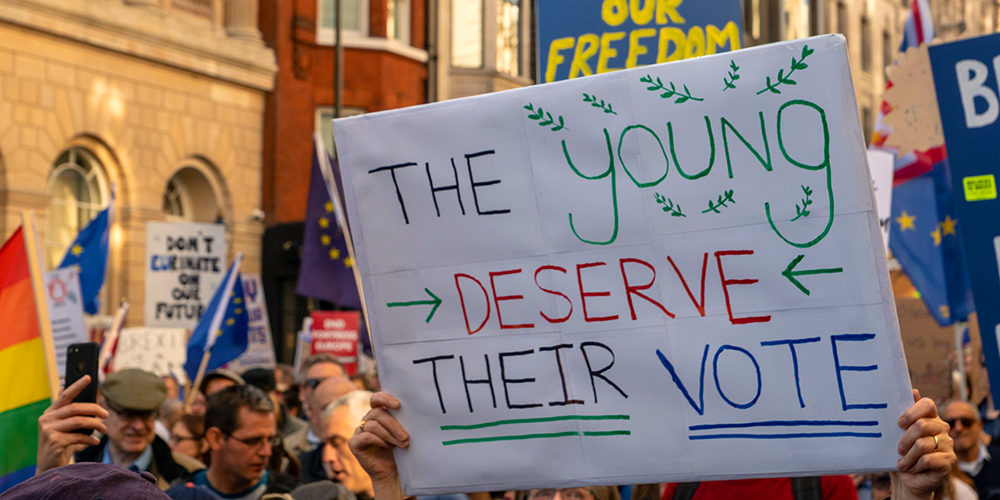
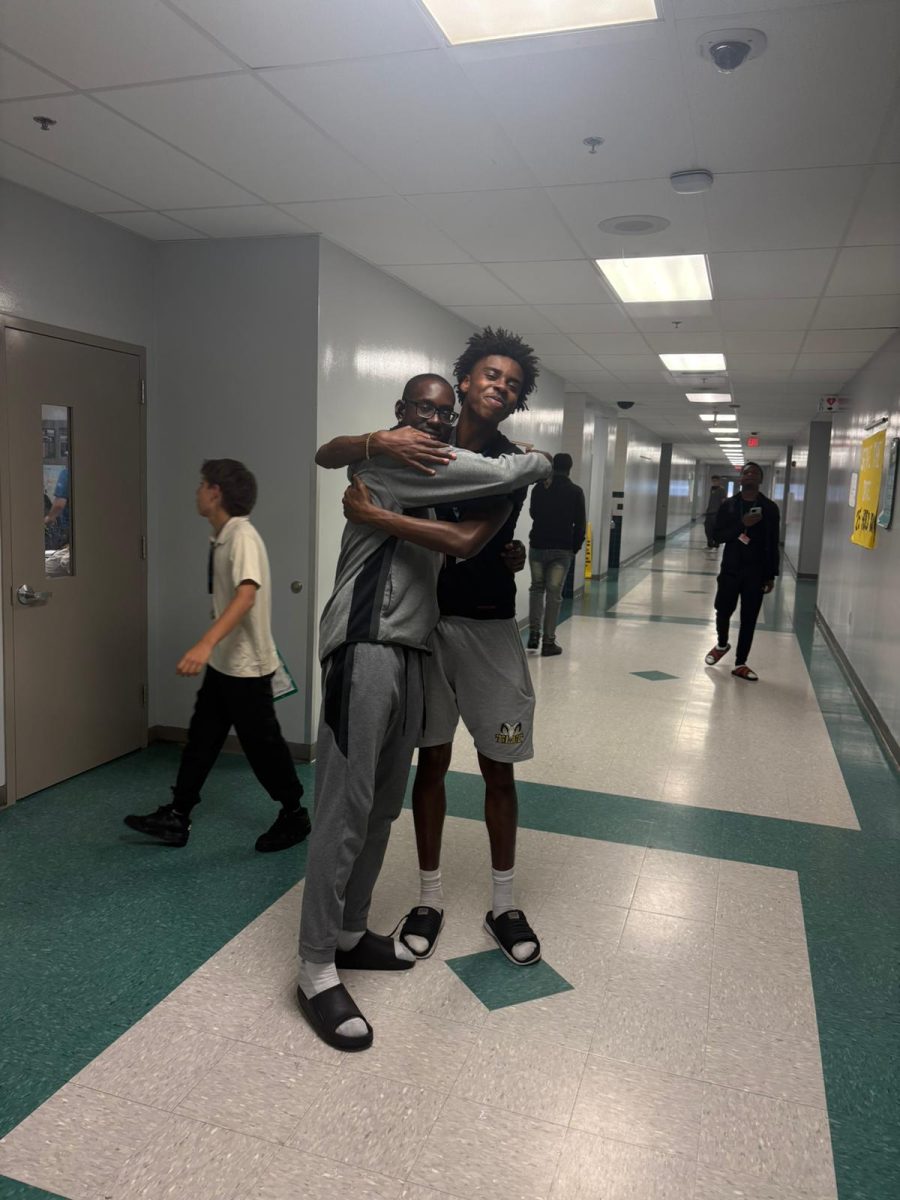


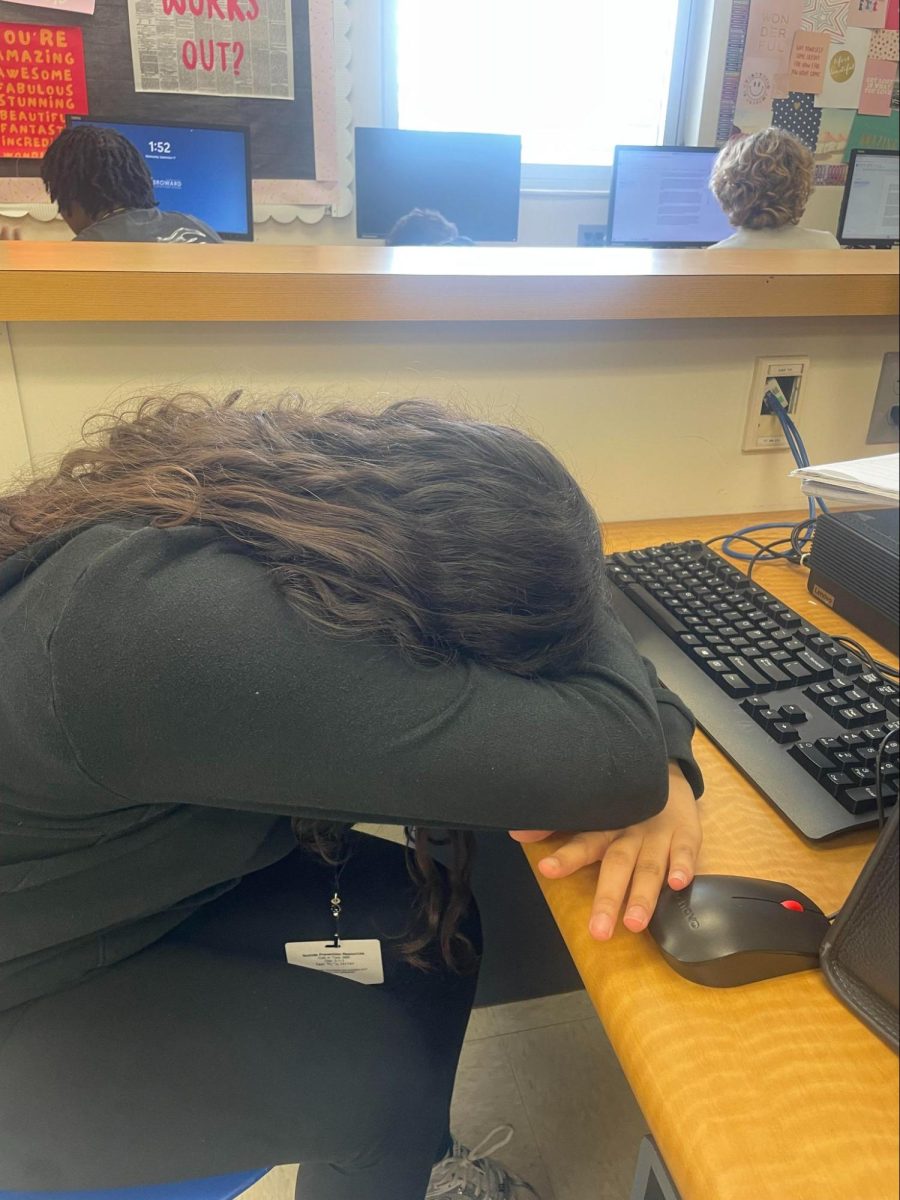


![[Photograph of an Italian sandwich] Photo Creds: https://www.thepioneerwoman.com/food-cooking/recipes/a42398453/italian-sandwich-recipe/](https://cghstheprowl.com/wp-content/uploads/2025/10/image1.png)






